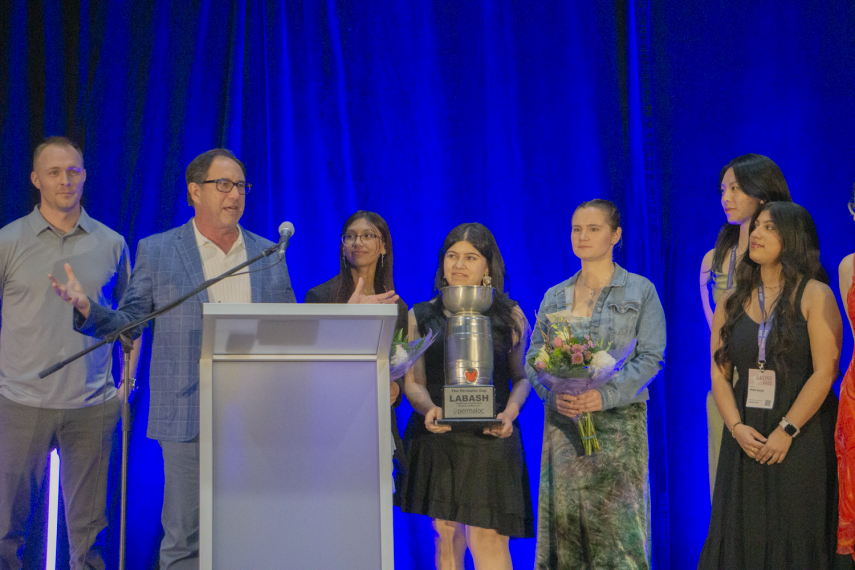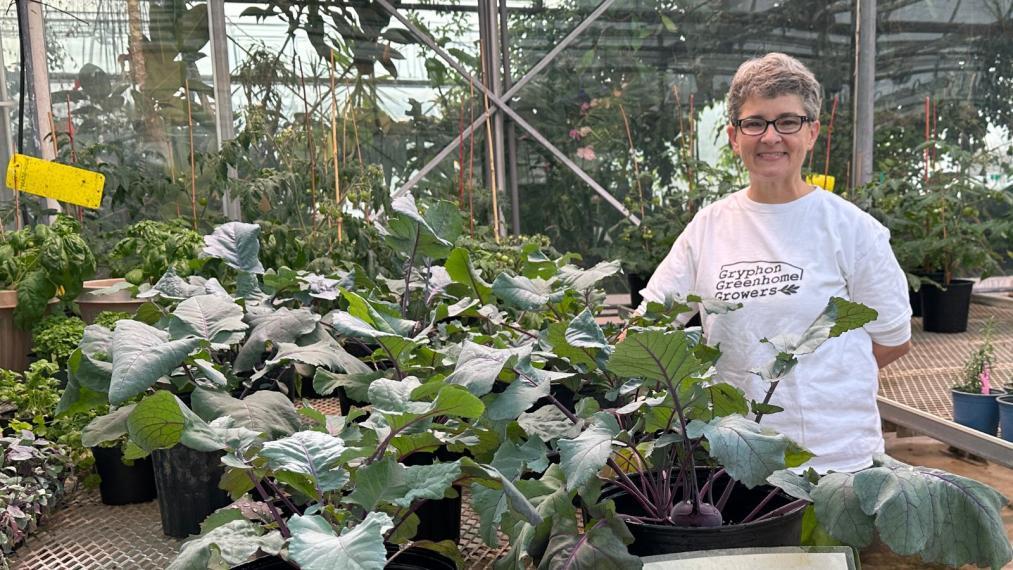Features


Student-Run Conference Explores the STEM Side in Landscape Architecture
Leveraging advanced technology and science in landscape architecture was the focus of a massive student-run event last week, held at U of G. Organized by students from U of G’s Landscape Architecture (BLA) program, the annual 4-day LABash conference attracted over 450 students, alumni and professionals from across North America.

Guelph Grad Story: Food Product Innovator, Aleana Chao
Do you love food? Do you also love science? If you do, you might find yourself walking the same path as Aleana Chao, a proud 2022 graduate of the University of Guelph’s Food Science (co-op) program. Today, Aleana is a product developer at Chudleigh’s Bakery, a commercial bakery known for its delicious desserts and deep roots in Ontario’s agricultural community. But her story began much earlier—in high school, where her passion for food and curiosity about science first collided.

From Idea to Table: Food Science Students Stir Up New Food Products
When the year-long course begins in September, food science students choose a challenge to tackle, like creating an alcohol-free beverage or a healthy frozen treat. Then, it’s up to them to take on market research and create a product that can fill the hole in their product category and get to work making their idea a reality.

Addressing Food Insecurity by Fostering a Community of Care at U of G
As a co-op student for the Ontario Agricultural College, I have had the chance to learn about different experiential learning opportunities on campus. Experiential learning is a unique way for students to gain real-world experience to achieve a deeper understanding of their learning while building skills helpful for future careers and schoolwork.

U of G Researcher Receives Federal Grant to Study Climate Adaptation at Giant Mine
Dr. Nicolas Brunet from the University of Guelph’s School of Environmental Design and Rural Development in partnership with RFS Energy and the Giant Mine Oversight Board has received $466,438 in federal funding to support research on climate adaptation in the mining sector.

U of G, Charlotte Products Ltd. Announce New Chair in Soil Management
Improving soil health is the goal of a University of Guelph soil scientist who has been named the inaugural Charlotte Products Ltd. Chair in Net Zero Soil Management.

U of G Appoints Dr. John Cranfield Dean of Ontario Agricultural College
Dr. John Cranfield, a respected and long-standing member of the University of Guelph’s faculty, has been named the new dean of the Ontario Agricultural College (OAC).

Adopting AI to Improve Global Ag Systems – PhD Candidate Uduak Edet
Uduak Edet, a PhD candidate in Rural Studies at the University of Guelph’s Ontario Agricultural College (OAC), is making waves with her research on integrating artificial intelligence (AI) tools into agricultural practices in Nigeria.